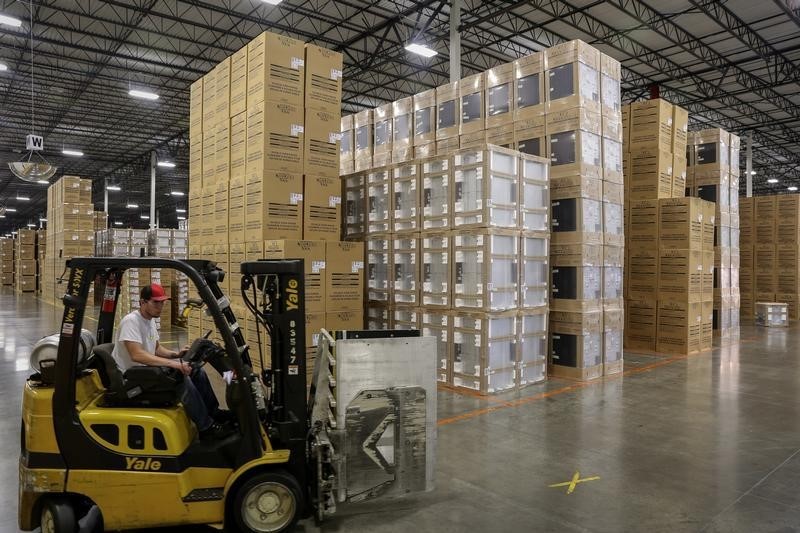DUBLIN (Reuters) - Growth in Irish manufacturing improved in August from it lowest in more than three years in July, but companies remained cautious after Britain's vote to leave the European Union.
The Investec Manufacturing Purchasing Managers' Index rose to 51.7 from 50.2 in July, when it fell below the euro zone average but stayed just above the 50 mark that separates expansion from contraction for a 38th successive month.
Europe's fastest-growing economy, Ireland is considered to have more to lose than any other EU member from Britain's decision to quit the bloc, which both countries joined 43 years ago.
The headline growth was driven by an increase in new orders, which bounced back to 52.5 from July's 49.9.
However, new export orders contracted for the third time in four months, and some panellists reported a drop in new work from British clients, said Philip O'Sullivan, chief economist at Investec Ireland.
O'Sullivan said companies were still willing to add to payrolls, but there were signs of cost containment elsewhere.
Stocks of finished goods contracted for a fifth successive month and pre-production inventories were down for the fourth month in a row.
"Manufacturers' preference for running down inventory levels points to a more cautious stance regarding the outlook, a sentiment that chimes with our own assessment of the sector’s near-term prospects," O'Sullivan said.
Detailed PMI data are only available under licence from Markit and customers need to apply to Markit for a licence.
